As the world inches closer to a future of seamless transportation, major breakthroughs in flying taxis and self-driving trucks are set to revolutionize the way we travel and transport goods. In 2026, the United Arab Emirates (UAE) is poised to become the first country to introduce flying taxi services, while the United States is gearing up for the launch of autonomous truck trials on its highways.
According to industry reports, the UAE's flying taxi services are expected to be launched in the first quarter of 2026, with a fleet of 100 electric vertical takeoff and landing (eVTOL) aircraft. These flying taxis will be operated by Dubai-based company, Volocopter, and will offer passengers a 10-minute ride from Dubai International Airport to the city center. The service is expected to reduce travel time by up to 75% and will be priced at around $20 per ride.
Meanwhile, in the United States, autonomous truck trials are set to begin on highways in the state of Texas. The trials, which are being led by the Texas Department of Transportation, will involve a fleet of 20 self-driving trucks that will be tested on a 150-mile stretch of highway. The trials are expected to reduce fuel consumption by up to 20% and will also help to improve road safety.
The introduction of flying taxis and self-driving trucks is part of a larger trend towards the adoption of autonomous and electric transportation. According to a report by McKinsey, the global market for autonomous vehicles is expected to reach $7 trillion by 2050, while the market for electric vehicles is expected to reach $1.4 trillion by 2025.
The impact of these developments will be felt across various industries, including transportation, logistics, and tourism. As flying taxis and self-driving trucks become more widespread, they are expected to reduce congestion on roads and improve air quality in urban areas. They will also create new opportunities for businesses, such as ride-hailing services and logistics companies, to offer more efficient and sustainable transportation options.
Volocopter, the company behind the UAE's flying taxi service, was founded in 2011 and has since raised over $300 million in funding from investors such as Daimler and Intel. The company has also partnered with several major airlines, including Singapore Airlines and Lufthansa, to offer flying taxi services to their passengers.
As the world becomes increasingly connected and digitized, the transportation industry is undergoing a significant transformation. The introduction of flying taxis and self-driving trucks is just the beginning of a new era of transportation that will be faster, safer, and more sustainable. With the global market for autonomous vehicles expected to reach $7 trillion by 2050, companies like Volocopter are poised to play a major role in shaping the future of transportation.
In the coming years, we can expect to see even more innovative transportation solutions emerge, including the use of drones for package delivery and the development of hyperloops for high-speed transportation. As the transportation industry continues to evolve, one thing is clear: the future of transportation is electric, autonomous, and connected.
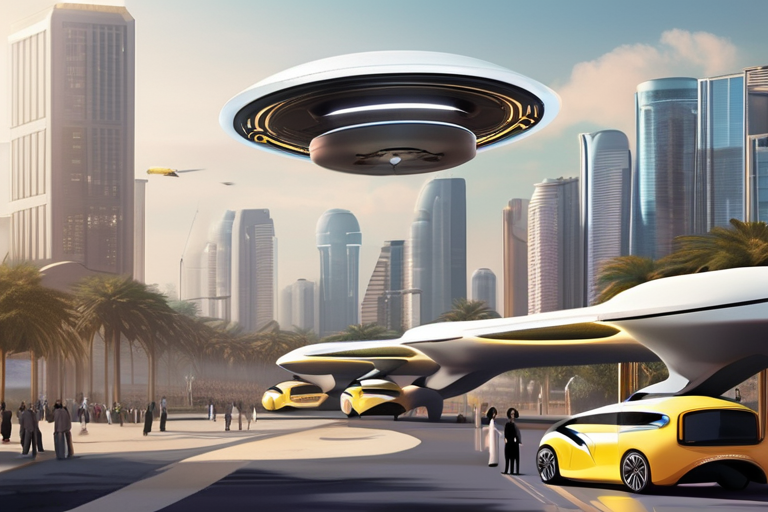


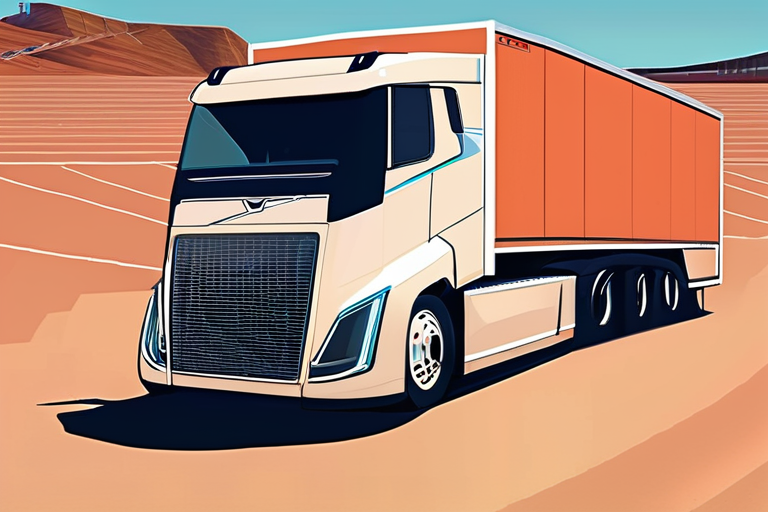
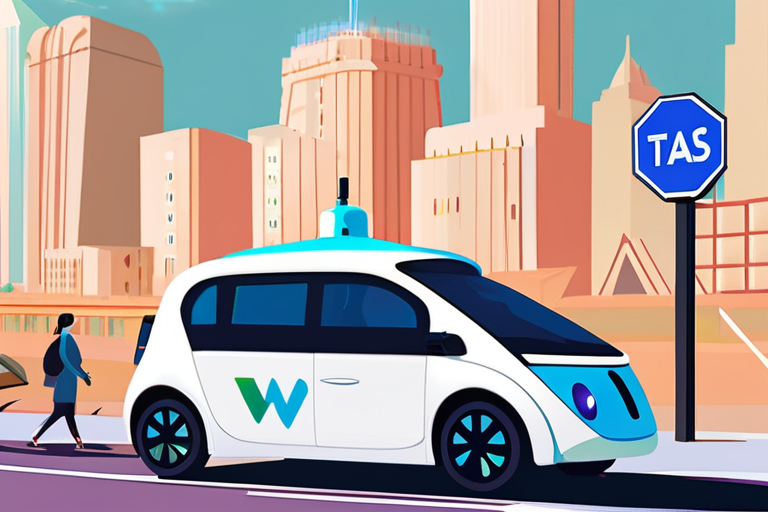
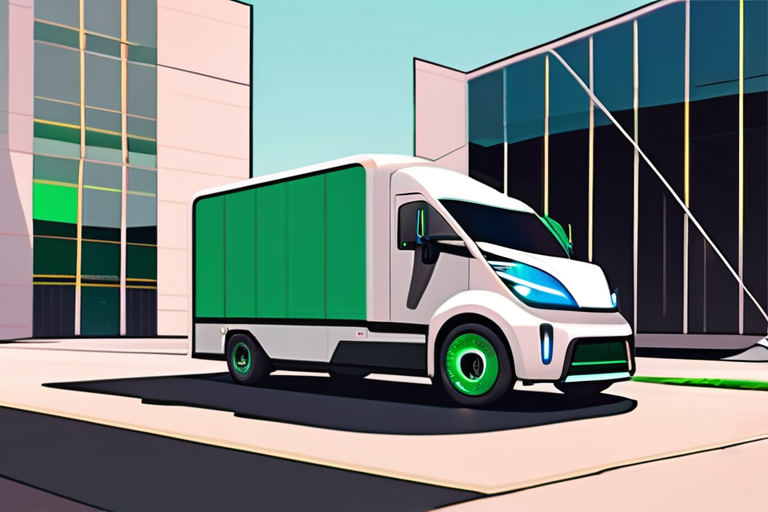
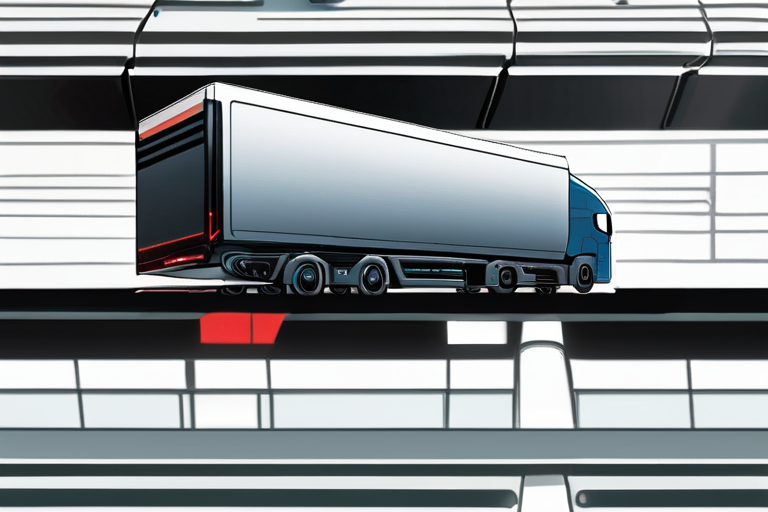
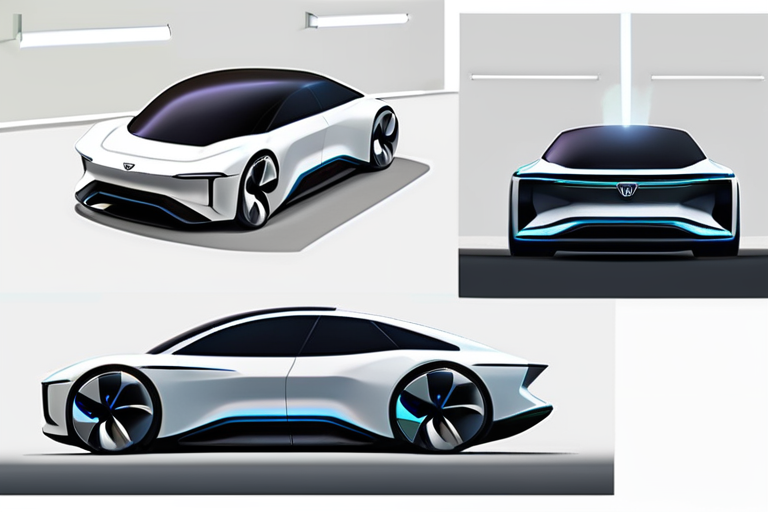
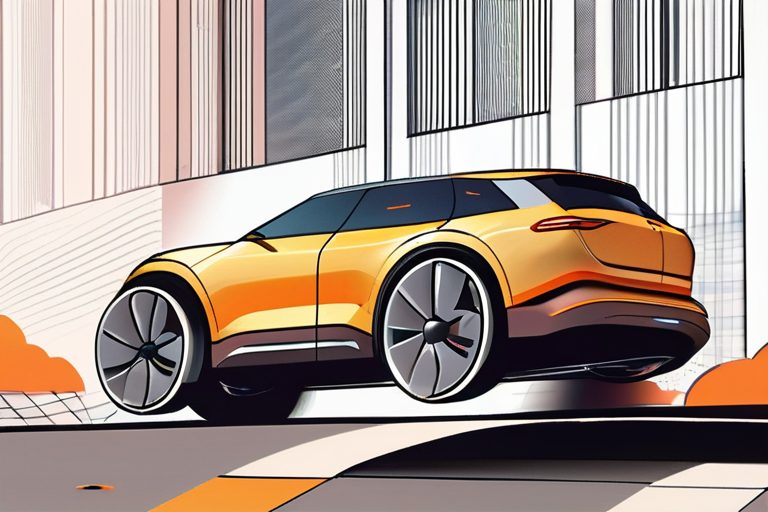
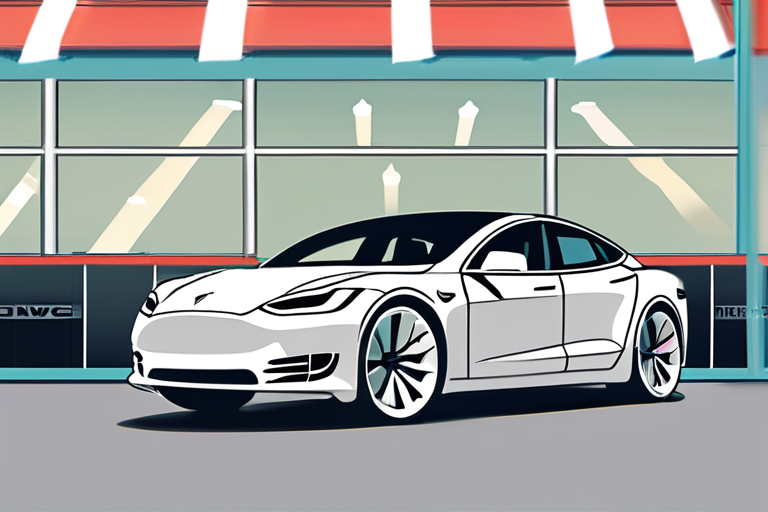

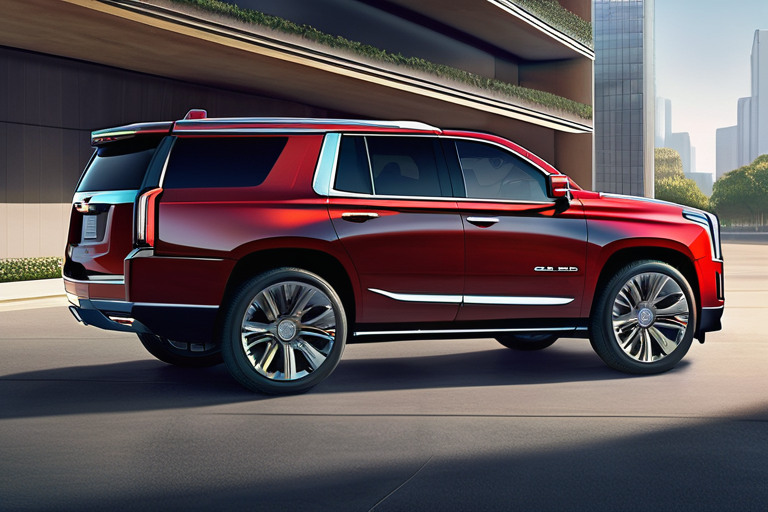

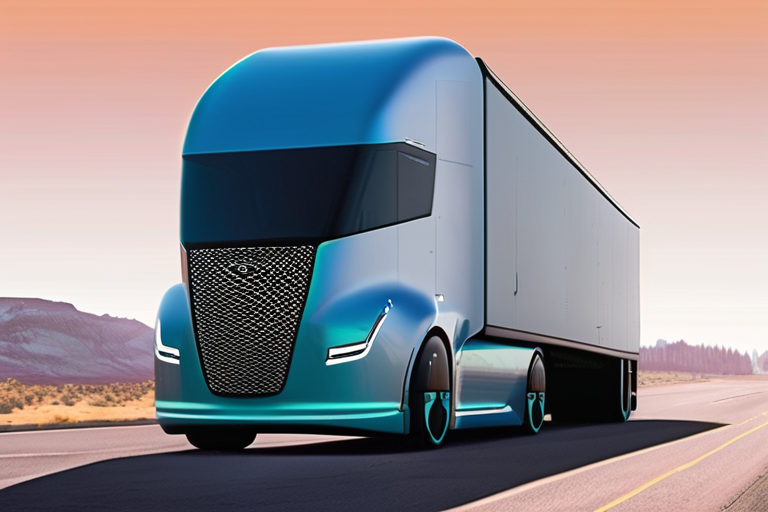
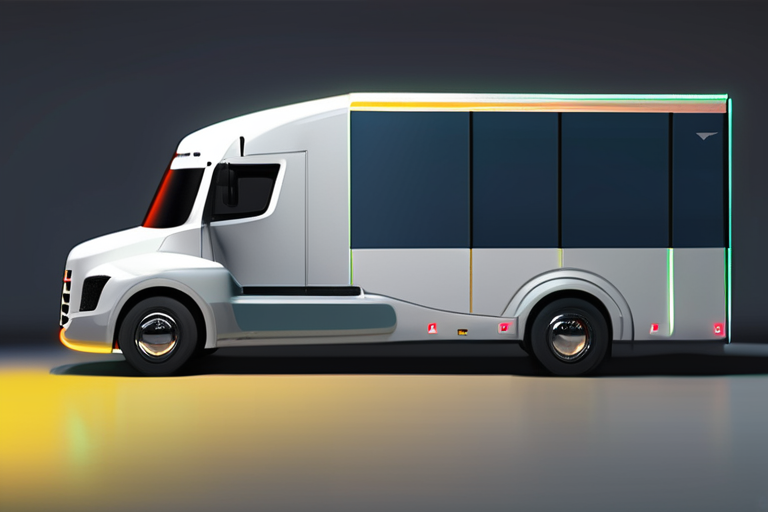




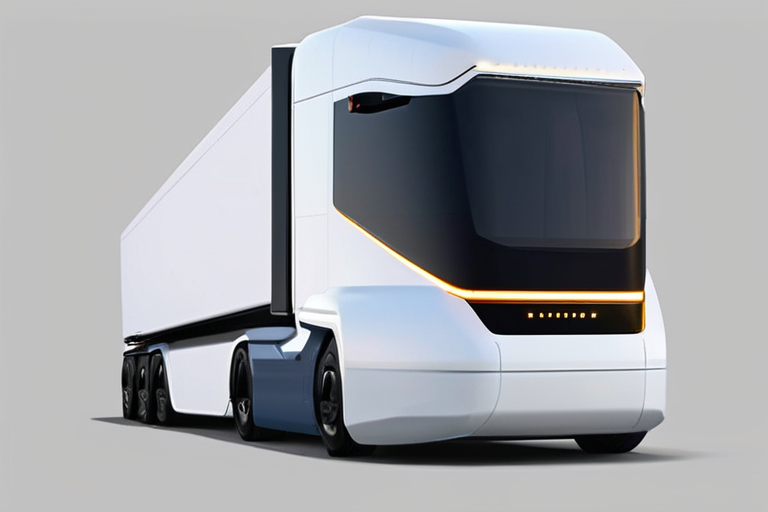

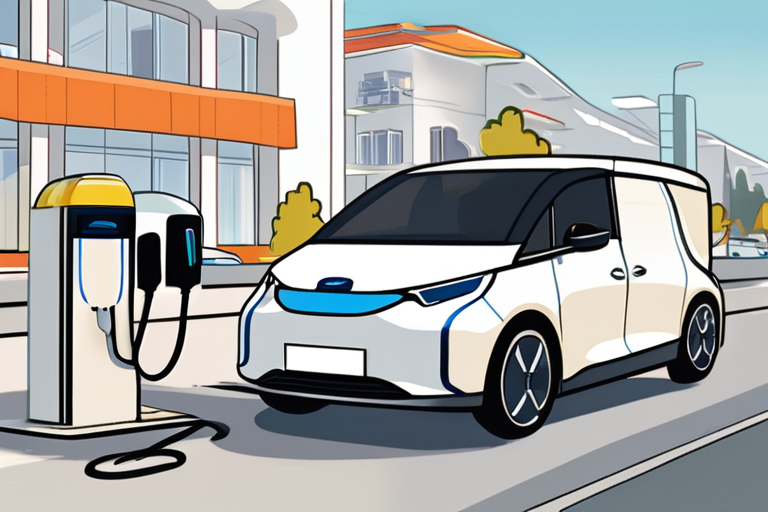

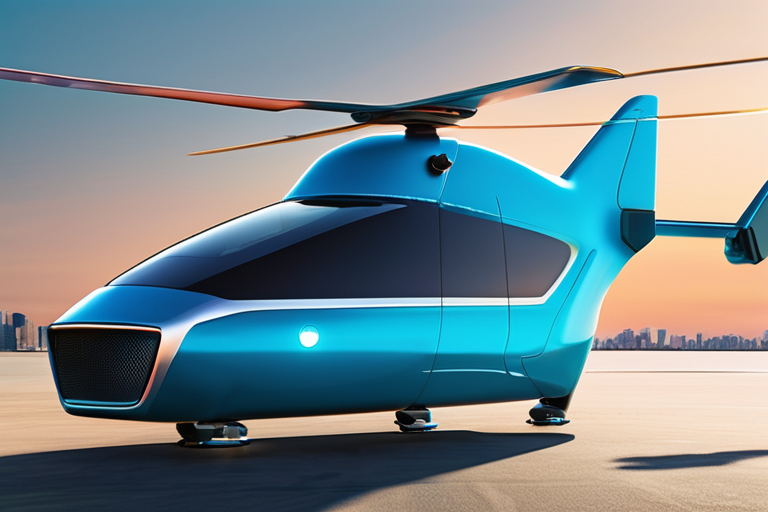
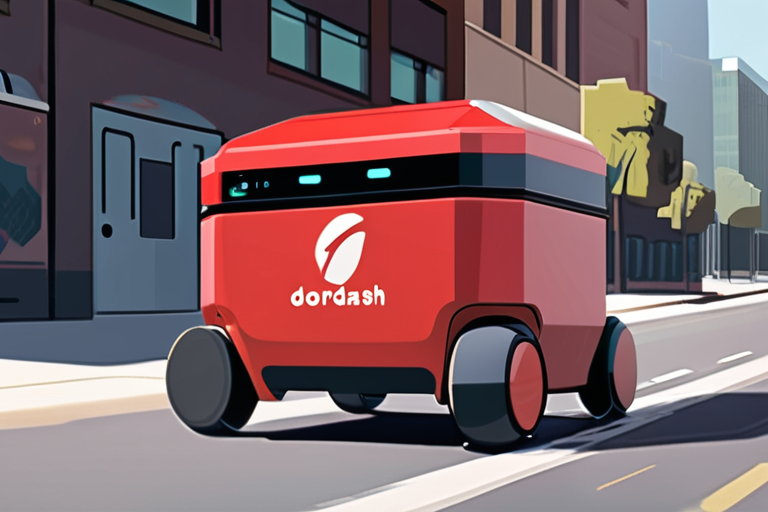
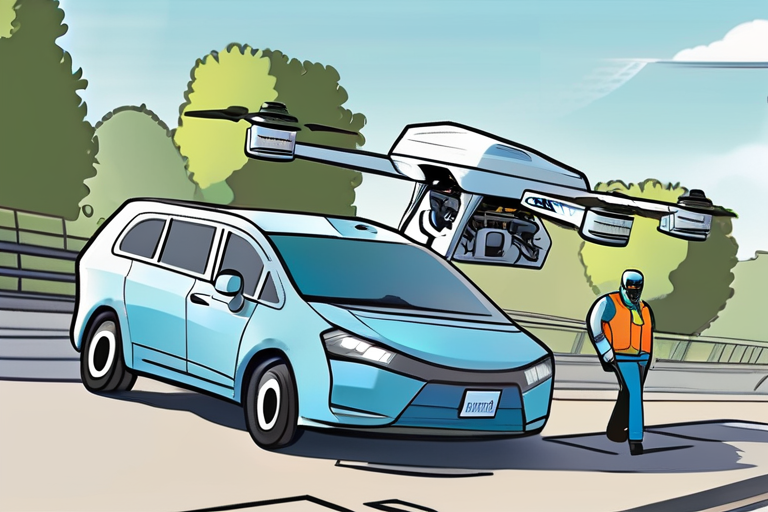
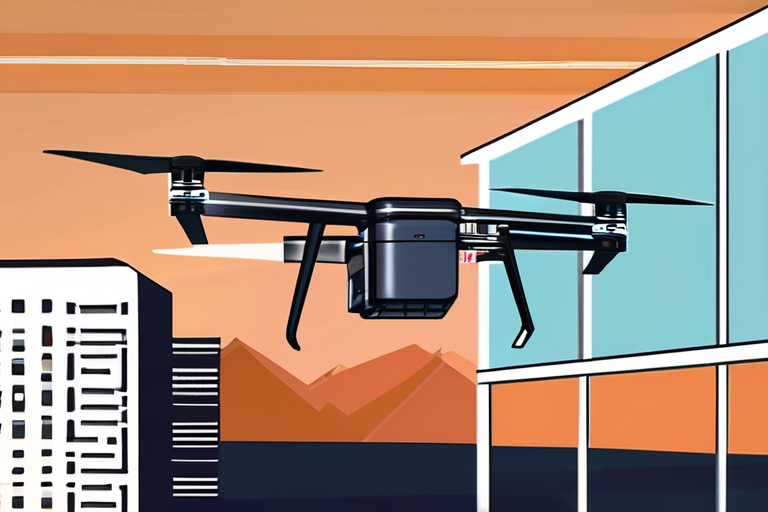
Share & Engage Share
Share this article